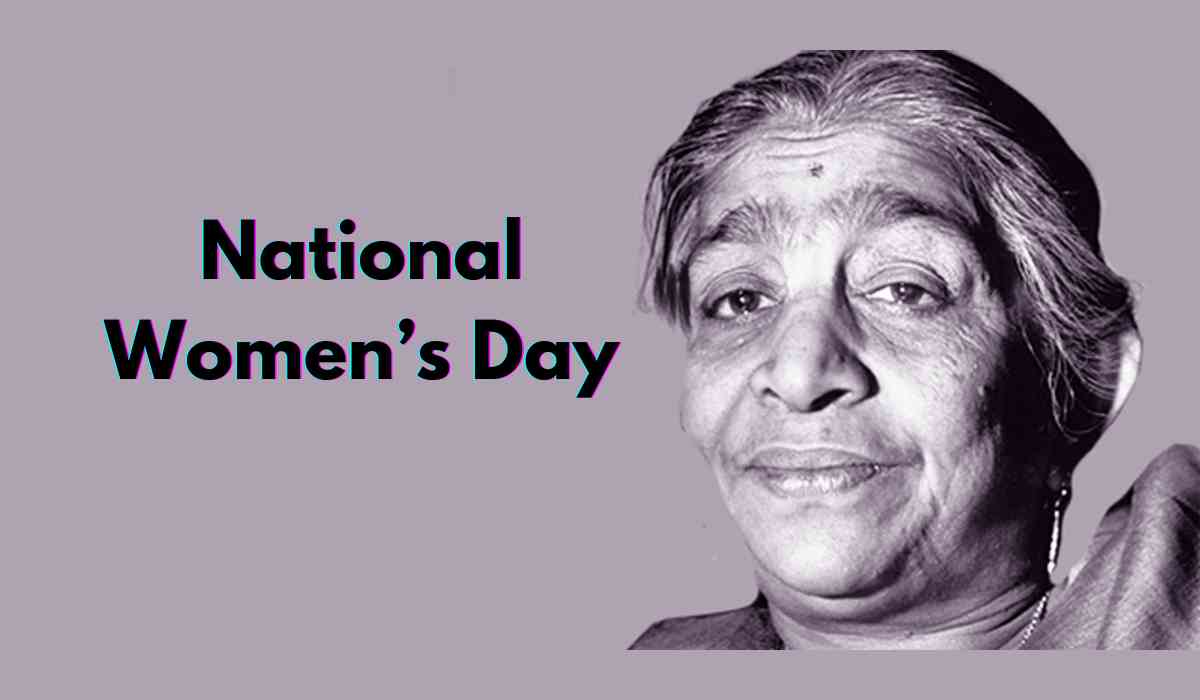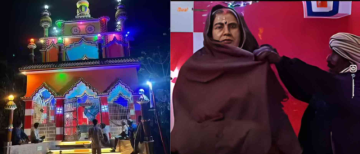"We want deeper sincerity of motive, a greater courage in speech and earnestness in action." – Sarojini Naidu
Every year on February 13, India celebrates National Women’s Day to honor the birth anniversary of Sarojini Naidu, a freedom fighter, poet, and advocate for women’s rights. A woman of many firsts, Naidu was an integral part of India's independence movement, the first female president of the Indian National Congress, and the first woman governor of an Indian state.
While International Women’s Day on March 8 is a global phenomenon, National Women’s Day is uniquely Indian, paying homage to a woman who exemplified strength, intellect, and resilience. Sarojini Naidu's birthday was chosen as National Women’s Day to celebrate her remarkable contributions and to recognize the power, resilience, and achievements of women across India. This day serves as a reminder of the importance of women’s empowerment, gender equality, and leadership in shaping the nation’s future.
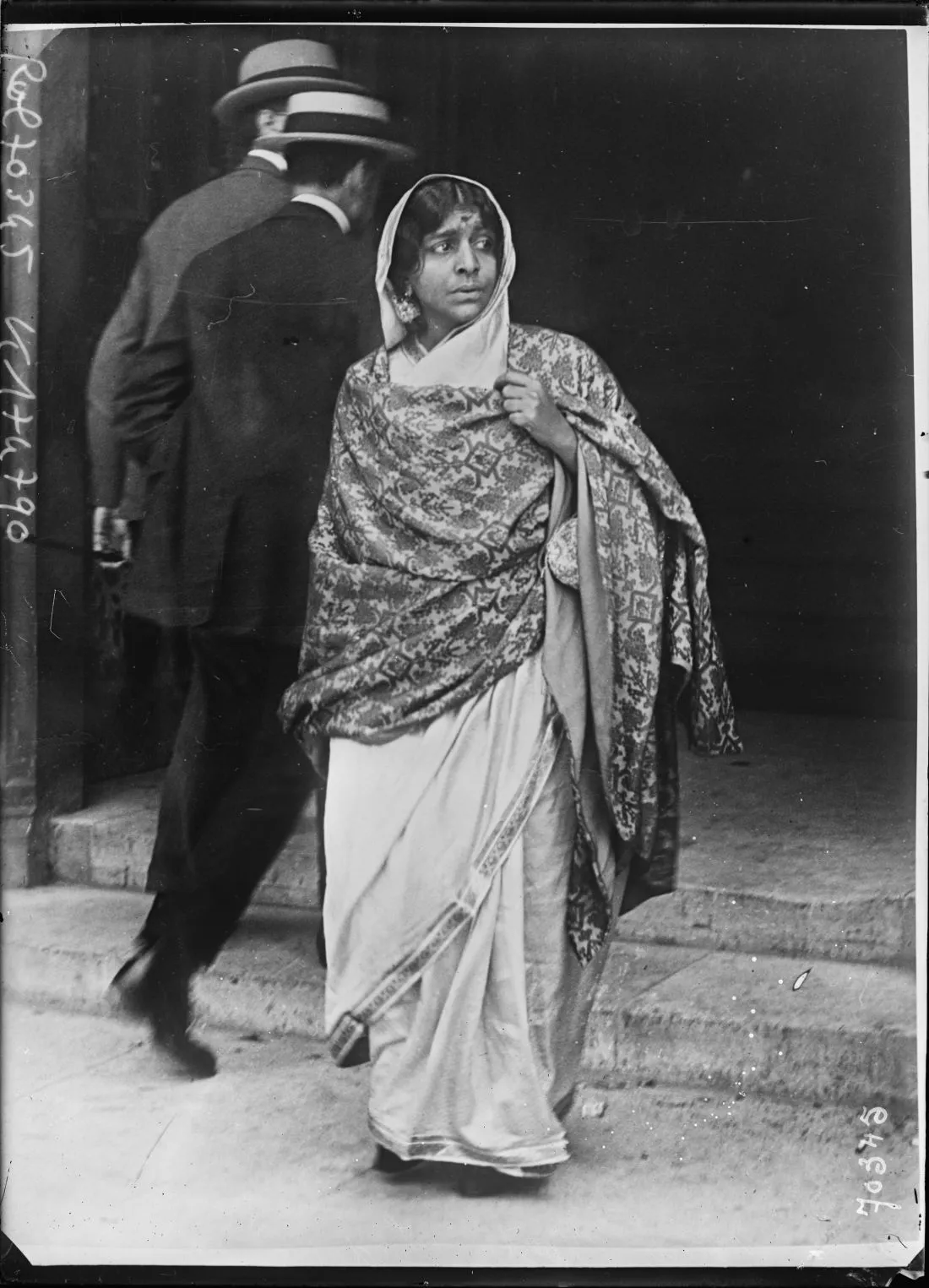
Who Was Sarojini Naidu?
Born on February 13, 1879, in Hyderabad, Sarojini Naidu was a child prodigy, excelling in academics and literature from an early age. Despite her father’s aspirations for her to pursue science, she had a deep love for poetry. She wrote her first poem, The Lady of the Lake, at just 13 years old. She later gained international recognition for her poetry collections, earning the title “Nightingale of India.”
Beyond literature, Naidu was a fearless leader who dedicated her life to India’s independence and the upliftment of women. She actively participated in the Civil Disobedience Movement, the Salt Satyagraha, and even faced imprisonment for her role in the Quit India Movement.
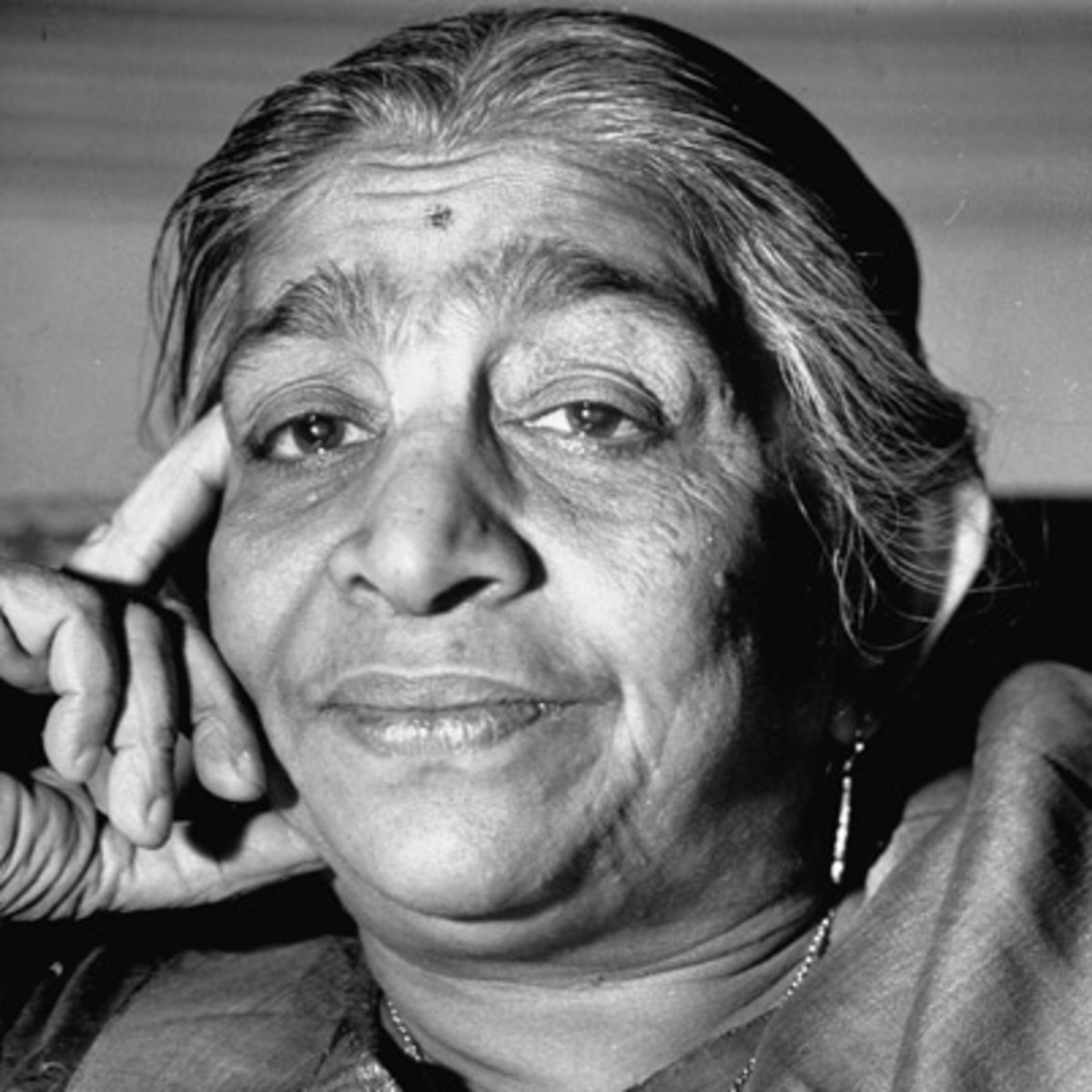
Early Life and Education
Sarojini Naidu was deeply influenced by her parents—her father, Aghorenath Chattopadhyay, was a scientist and educator, while her mother, Varada Sundari Devi, was a poet.
At just 16, she received a scholarship from the Nizam of Hyderabad and studied at King’s College London and later at Girton College, Cambridge. It was during this time that renowned Nobel Laureates Arthur Simon and Edmond Gausse encouraged her to focus on Indian themes in her poetry, which led to her celebrated collections like The Golden Threshold (1905), The Bird of Time (1912), and The Broken Wing (1917).
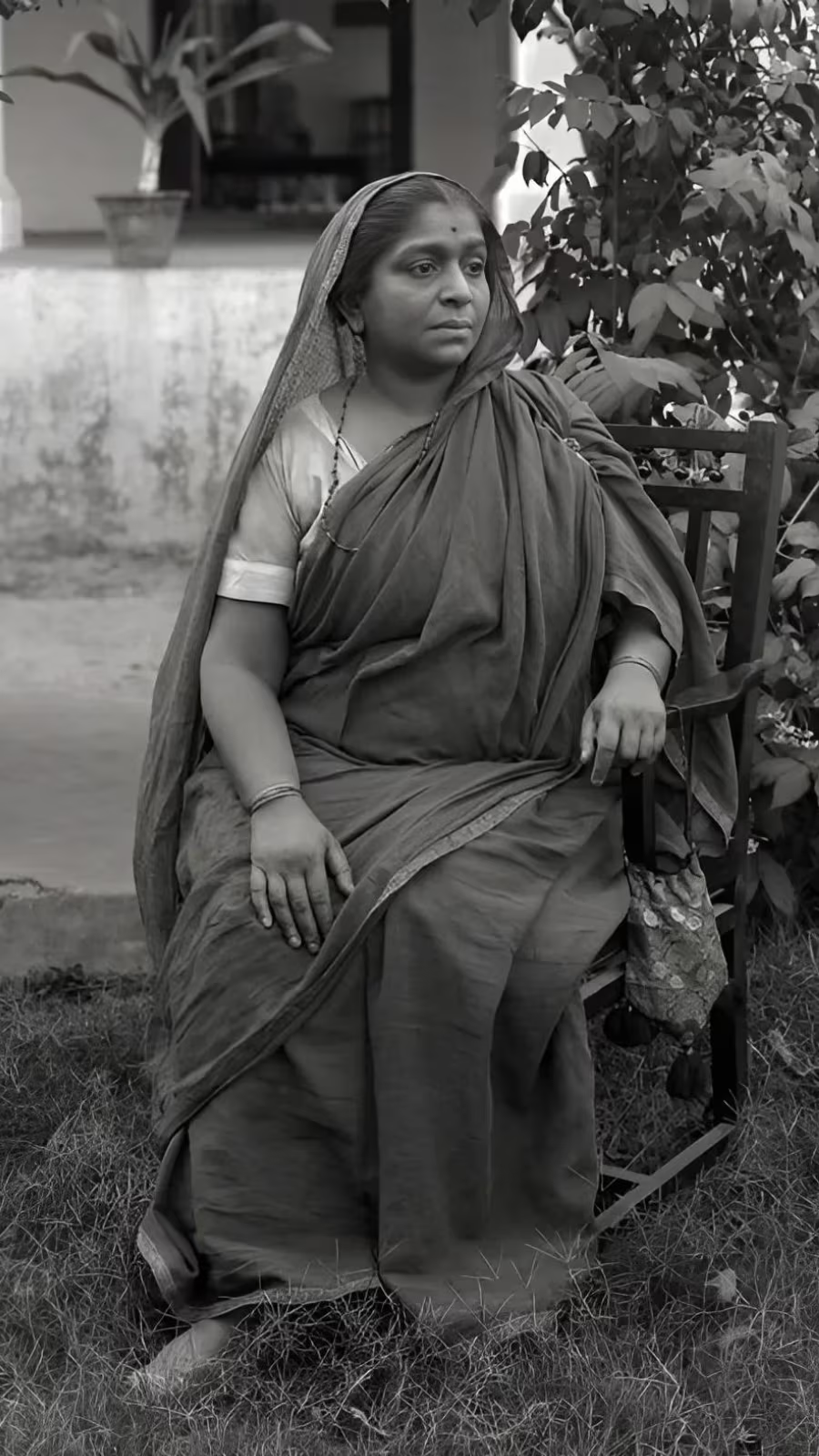
Role in India’s Freedom Struggle
Naidu's political journey began in 1905 when she joined the Indian National Congress. She traveled across the country, advocating for women’s rights, education, and independence. She played a significant role in the Civil Disobedience Movement and the Salt Satyagraha in 1930, for which she was arrested multiple times.
She also represented India on international platforms, including the Round Table Conference in 1930, where she debated for India’s independence. She was a close associate of Mahatma Gandhi and affectionately referred to him as “Mickey Mouse.”
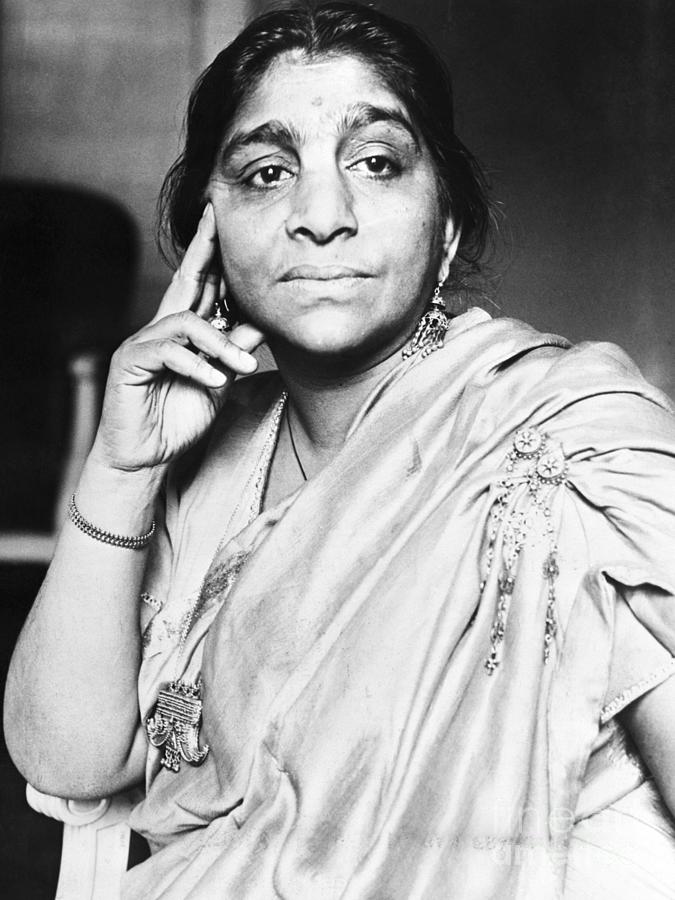
Historic Achievements and Political Career
-
First female president of the Indian National Congress (1925): Naidu became the first Indian woman to lead the Congress, setting a precedent for women in political leadership.
-
First female Governor of India: After independence, she was appointed the Governor of Uttar Pradesh, serving from 1947 until her passing in 1949.
-
Advocate for Women’s Rights: She co-founded the Women’s Indian Association (WIA) in 1917, championing women’s suffrage and equal rights.
-
Voice on the Global Stage: She addressed gatherings at the League of Nations, highlighting India’s struggle for freedom and human rights.
Literary Legacy
Apart from her political contributions, Naidu’s poetry remains a significant part of India’s literary heritage. Her works beautifully captured the essence of Indian culture, nationalism, and human emotions. Some of her notable works include:
-
The Golden Threshold (1905)
-
The Bird of Time: Songs of Life, Death and the Spring (1912)
-
The Broken Wing: Songs of Love, Death and Destiny (1917)
-
Muhammad Jinnah: An Ambassador of Unity
-
The Magic Tree and The Wizard’s Mask

Fascinating Facts About Sarojini Naidu
-
She was a child prodigy—at 12, she topped the Madras University matriculation exam.
-
She wrote her first poem at 13, a 1,300-line epic called “The Lady of the Lake.”
-
She was a polyglot, fluent in Bengali, Gujarati, Hindi, Urdu, and English.
-
She was Mahatma Gandhi’s close confidante and lovingly called him “Mickey Mouse”.
-
She introduced the legendary singer MS Subbulakshmi to North Indian audiences in a 1945 Hindi film, Meera.
-
She married for love in an era of arranged marriages, wedding Dr. Govindarajulu Naidu at 19, despite caste differences.
-
She was awarded the Kaisar-i-Hind Medal by the British government for her work in helping plague victims—which she later renounced in protest of British rule.
-
She was a key contributor to India’s Constitution as a member of the Constituent Assembly.
-
She was imprisoned multiple times during the freedom struggle, yet remained steadfast.
-
She was the first Indian woman to preside over the East African Indian Congress in South Africa in 1929.
-
Her literary nickname "Bulbul-e-Hind" reflected her melodious and lyrical poetry style.
-
She was a key contributor to the drafting of the Indian Constitution as a member of the Constituent Assembly.
-
She passed away in office as the Governor of Uttar Pradesh in 1949, leaving behind a legacy of courage and conviction.
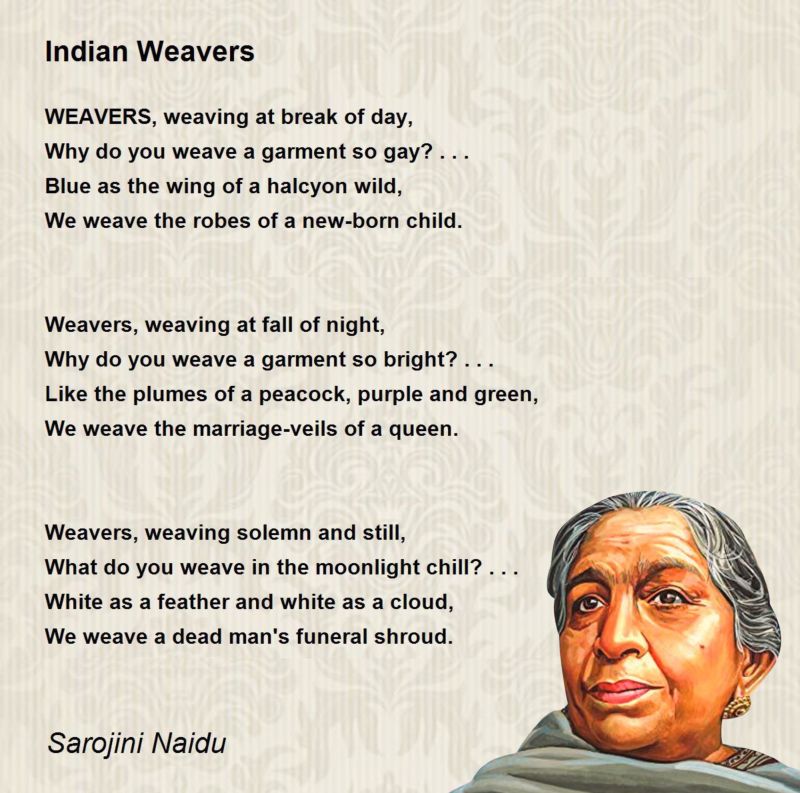
Why National Women’s Day Is More Than Just a Date
Observing National Women’s Day isn’t just about remembering Sarojini Naidu—it’s about acknowledging the struggles and triumphs of all women. In a world where gender equality is still a battle, Naidu’s journey is a call to action.
It’s about:
-
Challenging stereotypes, just as she did when she entered politics at a time when women were told to stay silent.
-
Uplifting women’s voices, because representation is the key to real change.
-
Fighting for social justice, as she did, ensuring that both women and marginalized communities had a voice.
Final Thoughts
Sarojini Naidu wasn’t just a leader of her time—she was ahead of it. She was an artist, an activist, and an advocate for a progressive, inclusive India. Her life is a testament to what’s possible when women refuse to be sidelined.
This National Women’s Day, let’s not just celebrate her. Let’s continue her fight. Because if Sarojini Naidu’s life taught us anything, it’s this—women belong everywhere decisions are being made.
With inputs from agencies
Image Source: Multiple agencies
© Copyright 2024. All Rights Reserved Powered by Vygr Media.

